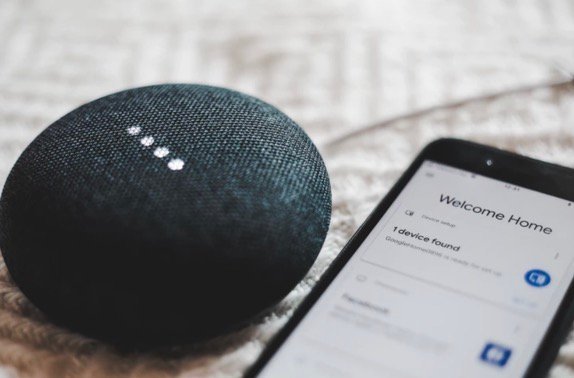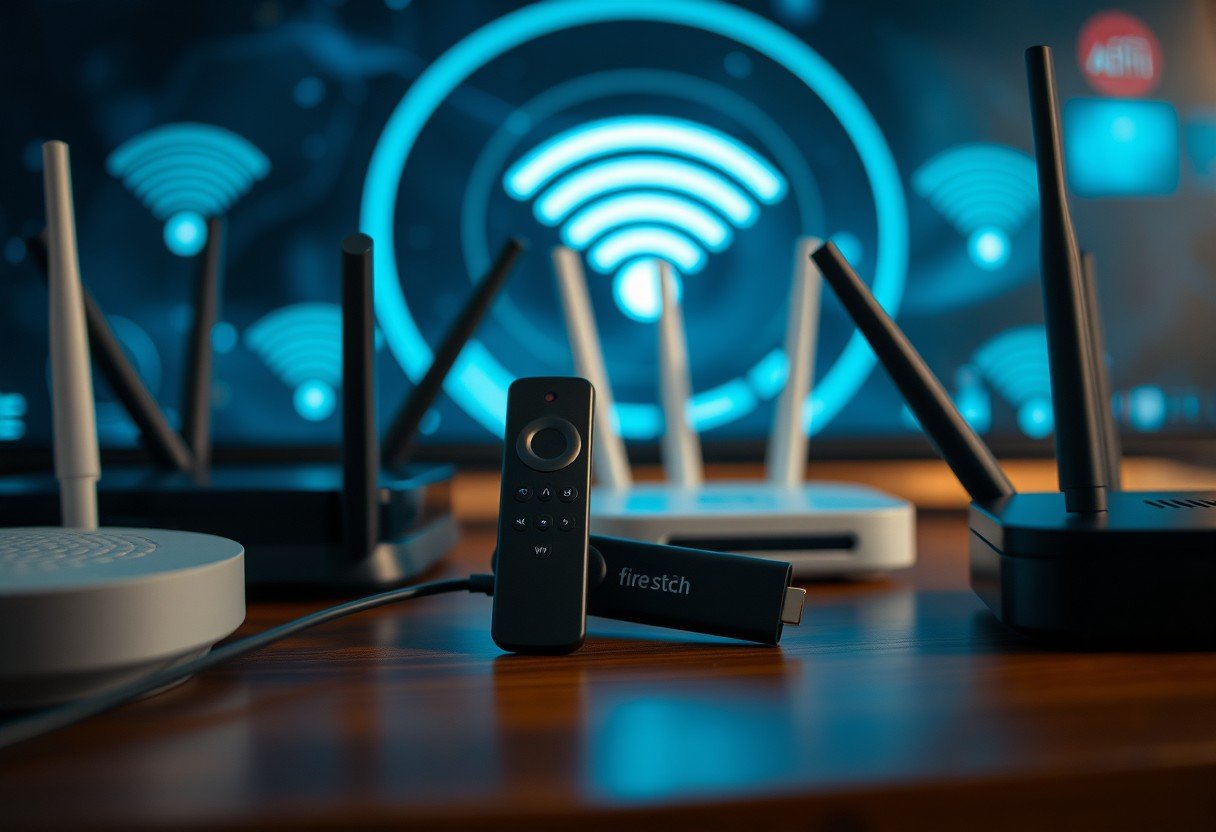Technology is changing how businesses work, and for new entrepreneurs, using smart tools can make a huge difference. Intelligent virtual assistants, or IVAs, are a powerful technology that helps companies work more efficiently and save money. They act like human assistants, handling tasks like customer service and scheduling, which allows business owners to focus on growth. As this technology gets better and cheaper, it’s becoming a must-have tool for businesses of all sizes.
Understanding the Virtual Assistant Market Growth
The virtual assistant industry is growing incredibly fast. Experts predict the market will be worth $17.13 billion by 2023. This massive growth is happening at a compound annual growth rate (CAGR) of 38 percent.
Why is it growing so quickly? Businesses are realizing the huge benefits. Using intelligent virtual assistants leads to better operational efficiency, which means tasks get done faster and with fewer mistakes. This also helps with cost optimization, as IVAs can handle jobs that would otherwise require hiring more staff.
This technology also provides a significant competitive advantage. Companies using IVAs can offer better customer service and generate more revenue. Ultimately, these benefits lead to higher customer satisfaction and a stronger bottom line for entrepreneurs. Top suppliers in this space include well-known companies like Google and IBM.
Key Industries Adopting Virtual Assistants
Virtual assistants are not just for one type of business; they are being used across many different sectors. However, some industries have adopted this technology more quickly than others. The level of adoption is often referred to as market maturity.
Industries with the highest market maturity have fully integrated IVAs into their daily operations, especially for customer-facing roles. Meanwhile, sectors with medium maturity are still exploring the full potential of this technology but are showing strong signs of growth.
Here is a breakdown of market maturity for IVAs in various industries:
| Market Maturity Level | Industries |
|---|---|
| High | Telecommunications, Retail, Consumer Banking |
| Medium | Hospitality, Healthcare, Professional Services, Education |
This table shows that customer-heavy industries like retail and banking were among the first to see the value in IVAs, but other sectors like healthcare and education are quickly catching up.
Top Trends Shaping the Future of IVAs
As a rapidly evolving field, the virtual assistant industry has several exciting trends that entrepreneurs should watch. These trends show where the technology is heading and how it can be used in new and innovative ways.
Staying aware of these changes can help you make smarter decisions for your business. For instance, the shift from text-based chatbots to voice-based assistants is a major development that changes how customers interact with companies.
Here are some of the most important virtual assistant industry trends:
- Mobile Interface: With more people using smartphones for everything, IVAs are now being built directly into mobile apps to provide a smooth and convenient user experience.
- Machine Learning: IVAs are getting smarter. They use machine learning and predictive analytics to understand user needs better and provide more effective solutions over time.
- Voice Interactions: The move towards voice commands is a huge trend. Voice-based IVAs, like those used in smart speakers, make interactions feel more natural and human.
These trends are making IVAs more powerful and easier to use, which is helping to drive their popularity among both businesses and consumers.
How IVAs are Revolutionizing Business Operations
Intelligent virtual assistants started as simple tools for customer support, but their capabilities have grown far beyond that. Today, they are transforming business operations from the inside out.
One major area of change is with employee self-service. Instead of contacting the HR department for every little thing, employees can use an internal virtual assistant. This frees up HR staff to focus on more strategic tasks, saving the company time and money. For example, banks often use IVAs to let employees apply for leave, check working hours, or get information on expense reimbursements.
Another powerful application is using IVAs for cross-selling and up-selling services. By analyzing customer interactions, an IVA can learn about a customer’s interests and buying habits. It can then suggest other products or services that the customer is likely to be interested in. This personalized approach is highly effective and helps businesses increase sales while providing more value to their customers.
The Global Outlook for the IVA Industry
The demand for virtual assistants is a global phenomenon. As services become more globalized, companies from different countries can sell and use IVA technology, leading to rapid market expansion worldwide.
Currently, the IVA market is most established in developed nations. These countries have better access to artificial intelligence technology and a deeper understanding of how to use it. This has allowed businesses in these regions to take full advantage of what IVAs have to offer.
In contrast, the IVA market in developing nations has enormous growth potential. The demand in these regions is particularly strong in the banking, financial services, and insurance (BFSI) sector. As artificial intelligence and machine learning technologies continue to improve, the potential uses for IVAs will expand even further, opening up new opportunities for entrepreneurs in every corner of the globe.
Frequently Asked Questions about the Virtual Assistant Industry
What is an intelligent virtual assistant (IVA)?
An intelligent virtual assistant is an AI-powered system that can perform tasks traditionally done by a human assistant. This includes things like answering customer questions, scheduling appointments, and interpreting voice commands.
How do virtual assistants save businesses money?
IVAs save money by automating tasks that would otherwise require human employees, reducing manpower needs. This leads to cost optimization, higher efficiency, and an improved return on investment for entrepreneurs.
Which industries benefit most from IVAs?
Industries with high customer interaction, such as telecommunications, retail, and banking, have seen the most benefits so far. However, sectors like healthcare, hospitality, and education are also increasingly adopting IVA technology.
What is the difference between a chatbot and a virtual assistant?
Early chatbots could only respond to specific keywords with predefined answers. Modern IVAs use machine learning and AI to understand context, learn from interactions, and provide more personalized and effective solutions.
What is the future of the virtual assistant industry?
The future of the IVA industry is focused on smarter machine learning, more natural voice interactions, and deeper integration into mobile devices and the Internet of Things (IoT). Growth is expected to be especially strong in developing nations.









Leave a Comment